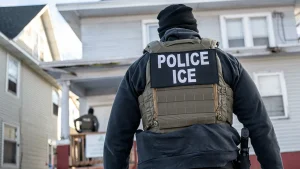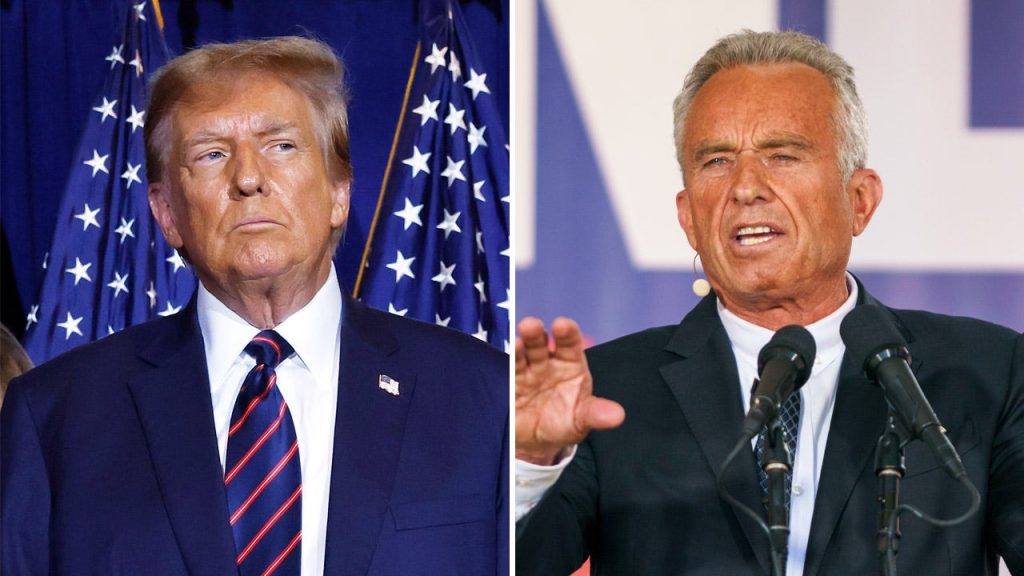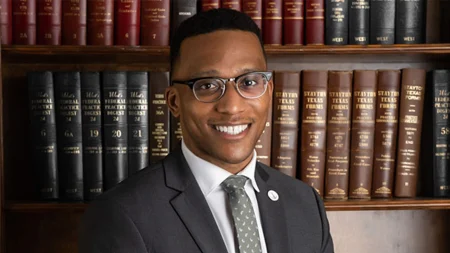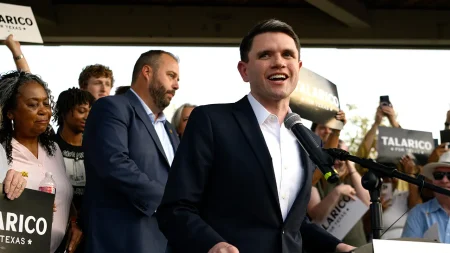The prospective nomination of Robert F. Kennedy Jr. to head the Department of Health and Human Services (HHS) ignited a firestorm of controversy, primarily fueled by Kennedy’s longstanding and outspoken skepticism towards vaccines. A New York Times report exacerbated these concerns, alleging that a lawyer assisting Kennedy with HHS staffing had previously petitioned to halt the distribution of thirteen vaccines, including the polio vaccine, during their tenure at the Informed Consent Action Network. This revelation sparked immediate backlash, with prominent figures like Senate Minority Leader Mitch McConnell publicly denouncing efforts to undermine public trust in established medical practices as dangerous.
President-elect Donald Trump, responding to the escalating anxieties, unequivocally refuted any suggestion that his administration intended to ban the polio vaccine. During a press conference at his Mar-a-Lago resort, Trump assured reporters that such a measure would not be implemented, while simultaneously indicating his desire for Kennedy to conduct a thorough review and provide a report on the polio vaccine’s efficacy and safety. Trump emphasized a cautious approach, stating that no hasty decisions would be made and expressing confidence in Kennedy’s rationality. He reiterated his commitment to retaining the polio vaccine, drawing on personal anecdotes about friends who had benefited from its protection and praising Dr. Jonas Salk’s contributions to eradicating the debilitating disease.
Despite quelling immediate fears of a polio vaccine ban, Trump’s remarks introduced a new layer of complexity to the unfolding narrative. He expressed concern about the perceived rise in autism rates in recent decades, a topic Kennedy has previously linked to vaccines. Trump’s stated intention to investigate the potential causes of this increase, though not directly related to the polio vaccine controversy, rekindled anxieties about the influence of anti-vaccine sentiments within his administration. A spokesperson for the Trump transition team attempted to clarify Kennedy’s position, asserting his support for the polio vaccine’s availability while also advocating for further research.
Kennedy’s nomination to lead the HHS brought to the forefront a broader tension between established scientific consensus and vaccine skepticism. His history of questioning vaccine safety, combined with the report about his associate’s previous efforts to pause vaccine distribution, created a climate of uncertainty and apprehension. The situation underscored the delicate balance between respecting individual beliefs and upholding public health recommendations based on scientific evidence. The ensuing debate highlighted the importance of informed public discourse and the need for transparent communication from government officials on matters of public health.
The controversy surrounding Kennedy’s potential role at HHS serves as a microcosm of the broader challenges faced by public health officials in combating misinformation and maintaining public trust in vaccines. The incident demonstrates the power of narratives, both accurate and misleading, to shape public perception and influence policy decisions. It also underscores the responsibility of public figures, especially those in positions of authority, to communicate accurately about scientific issues and avoid perpetuating unsubstantiated claims.
The episode surrounding Kennedy’s nomination provided a crucial lesson about the importance of evidence-based decision-making in public health. While open dialogue about vaccine safety is essential, it must be grounded in scientific rigor and avoid the dissemination of misinformation. The incident served as a stark reminder of the potential consequences of eroding public trust in vaccines, which are vital tools for preventing infectious diseases and protecting vulnerable populations. The future of public health hinges on the ability to foster informed consent based on credible scientific evidence and to counter the spread of misinformation that can undermine public confidence in life-saving interventions.















